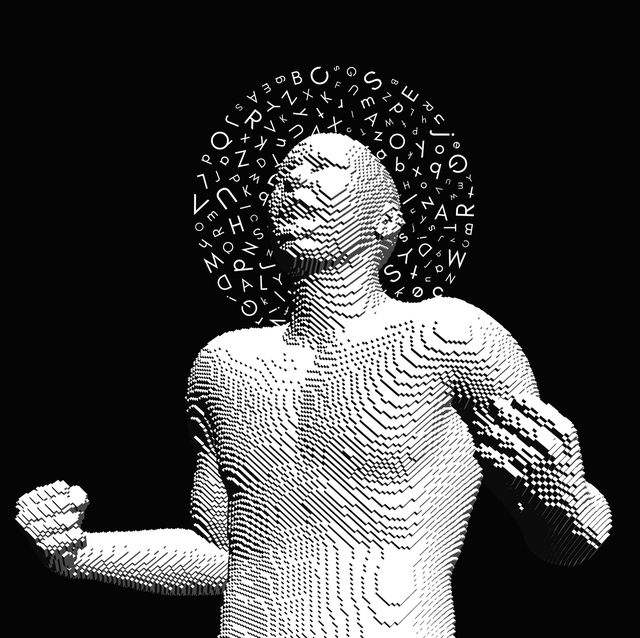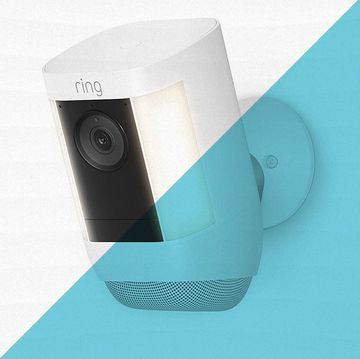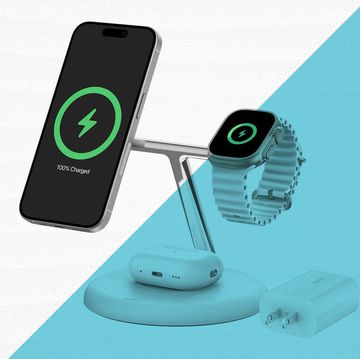- “The singularity,” the moment where AI is no longer under human control, is less than a decade away—according to one AI expert.
- More resources than ever are being poured into the pursuit of artificial general intelligence and speeding the growth of AI.
- Development of AI is also coming from a variety of sectors, pushing the technology forward faster than ever before.
There’s at least one expert who believes that “the singularity”—the moment when artificial intelligence surpasses the control of humans—could be just a few years away. That’s a lot shorter than current predictions regarding the timeline of AI dominance, especially considering that AI dominance is not exactly guaranteed in the first place.
Ben Goertzel, CEO of SingularityNET—who holds a Ph.D. from Temple University and has worked as a leader of Humanity+ and the Artificial General Intelligence Society—told Decrypt that he believes artificial general intelligence (AGI) is three to eight years away. AGI is the term for AI that can truly perform tasks just as well as humans, and it’s a prerequisite for the singularity soon following.
Get the latest tech discoveries delivered straight to your inbox.
Sign up for our free newsletter and receive a daily digest of the most exciting science news stories in the world. Subscribe for free.
Whether you believe him or not, there’s no sign of the AI push slowing down any time soon. Large language models from the likes of Meta and OpenAI, along with the AGI focus of Elon Musk’s xAI, are all pushing hard towards growing AI.
“These systems have greatly increased the enthusiasm of the world for AGI,” Goertzel told Decrypt, “so you’ll have more resources, both money and just human energy—more smart young people want to plunge into work and working on AGI.”
When the concept of AI started first emerged—as early as the 1950s—Goertzel says that its development was driven by the United States military and seen primarily as a potential national defense tool. Recently, however, progress in the field has been propelled by a variety of drivers with a variety of motives. “Now the ‘why’ is making money for companies,” he says, “but also interestingly, for artists or musicians, it gives you cool tools to play with.”
Getting to the singularity, though, will require a significant leap from the current point of AI development. While today’s AI typically focuses on specific tasks, the push towards AGI is intended to give the technology a more human-like understanding of the world and open up its abilities. As AI continues to broaden its understanding, it steadily moves closer to AGI—which some say is just one step away from the singularity.
The technology isn’t there yet, and some experts caution we are truly a lot further from it than we think—if we get there at all. But the quest is underway regardless. Musk, for example, created xAI in the summer of 2023 and just recently launched the chatbot Grok to “assist humanity in its quest for understanding and knowledge,” according to Reuters. Musk also called AI “the most disruptive force in history.”
With many of the most influential tech giants—Google, Meta and Musk—pursuing the advancement of AI, the rise of AGI may be closer than it appears. Only time will tell if we will get there, and if the singularity will follow.
Tim Newcomb is a journalist based in the Pacific Northwest. He covers stadiums, sneakers, gear, infrastructure, and more for a variety of publications, including Popular Mechanics. His favorite interviews have included sit-downs with Roger Federer in Switzerland, Kobe Bryant in Los Angeles, and Tinker Hatfield in Portland.













